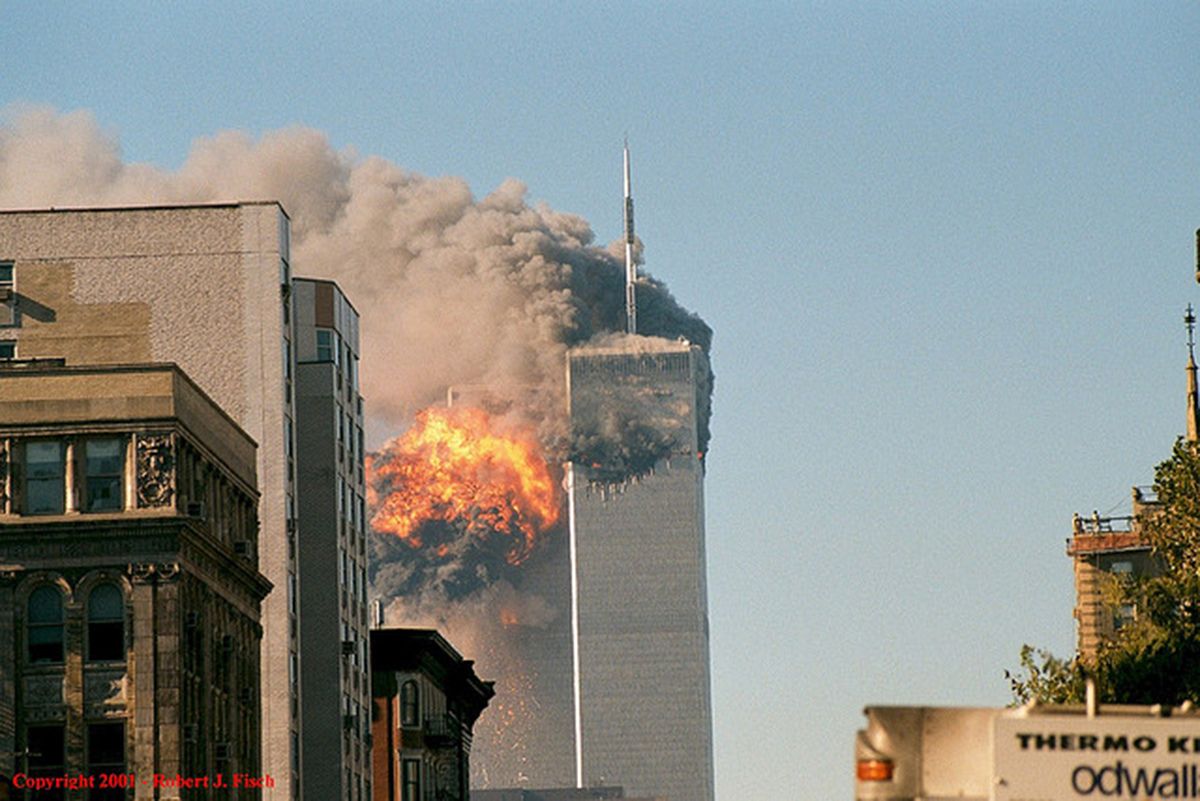Table of Contents
We live in a rapidly changing world, a world that will continue to be maimed and scarred by Islamic State terrorists. Should we now live under a cloak of paralyzing fear? I spoke to some people who have had the experience of living with the threat of terrorism to find out how this affected their lives.
Cara, who grew up during the height of IRA activities in England, recalls the attack on the main shopping street of her hometown of Bristol, but also remembers that the approach to the terrorist threat wasn't "mass panic, but a British stiff upper lip. We were acutely aware of abandoned suitcases, but didn't avoid crowded places. Life very much simply went on, and the focus was on real risk rather than fear."

Paisley, from Boston, admits to being far more frightened of cops than terrorists when her city goes on lock-down: "They are the ones lining the streets with guns". And Jim, a former US Navy Officer, shares:
"When the U.S.S. Cole was hit, I was stationed on a ship of the same class. The reality that it could so easily have been us really hit home at that point."
He continues, however: "Americans are accustomed to living in a world with more violence than we even realize. But we're taught to fear others, to fear Syrian refugees who are fleeing an area that is much more likely to be hit by terrorism."
"A terrorist attack could be carried out anywhere, at any point — but we'll only be scared if we are taught to be scared. The strongest offensive the free world can make against terrorism is to carry on anyway. Keep working, keep playing, keep enjoying life."
While the FBI's definition of terrorism includes "violent acts or acts dangerous to human life that violate federal or state law", it also adds that terrorism aims to "intimidate or coerce a civilian population". That's us. Acts such as the Paris attacks are brutal and tragic murders that violate every understanding of what it means to be human. Designed to strike terror into our hearts, we come to the aid of such beastly acts by writing articles designed to induce mass hysteria, or by believing them. The Paris attacks were not merely designed to kill people, they were designed to kill hope and love of life in the rest of us. Let's not allow ISIS that victory.
As Barack Obama said:
"We are not well served when, in response to a terrorist attack, we descend into fear and panic. We don’t make good decisions if it’s based on hysteria or an exaggeration of risks."
Yes, ISIS is terrifying, and the thought of what could happen if they gained more power is worse. By being letting the fear they are trying to induce guide our choices, we are aiding their cause in defiance of logic. Want to take just a little bit of power away from ISIS? Start worrying about dying in a car accident instead.
- Infographic by SteadyHealth.com
- Photo courtesy of themachinestops: www.flickr.com/photos/themachinestops/88181088/
- www.smh.com.au/world/terrorism-deaths-in-2014-the-highest-on-record-global-terrorism-index-2015-finds-20151119-gl2puz.html
- www.washingtonsblog.com/2015/03/youre-55-times-likely-killed-police-officer-terrorist.html
- lamoscagames.com/neverbored/you-think-youre-gonna-be-killed-in-a-terrorist-attack-think-again/
- www.globalresearch.ca/the-terrorism-statistics-every-american-needs-to-hear/5382818
- www.fbi.gov/about-us/investigate/terrorism/terrorism-definition
- www.theguardian.com/us-news/2015/nov/17/republicans-congress-syrian-refugees-us-paris-attacks
- en.wikipedia.org/wiki/Global_Terrorism_Index
- www.livescience.com/3780-odds-dying.html

